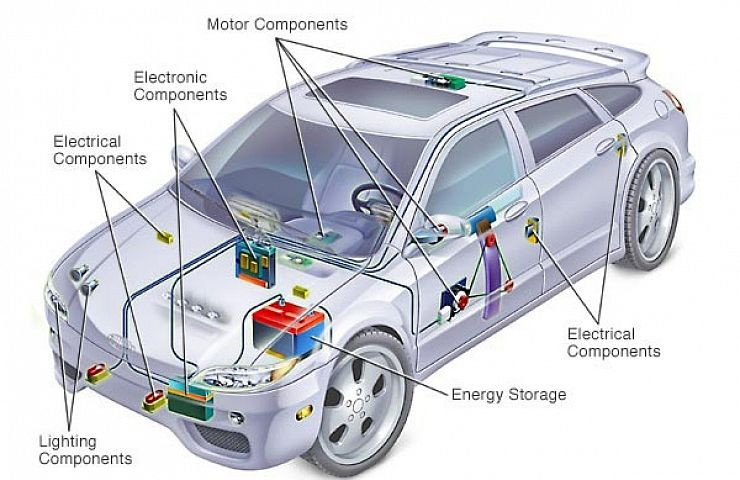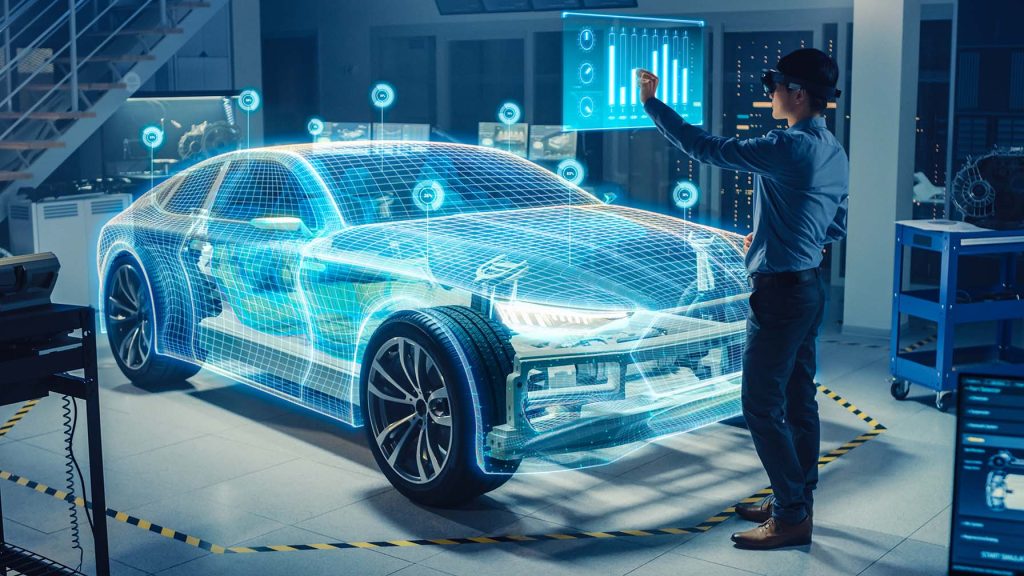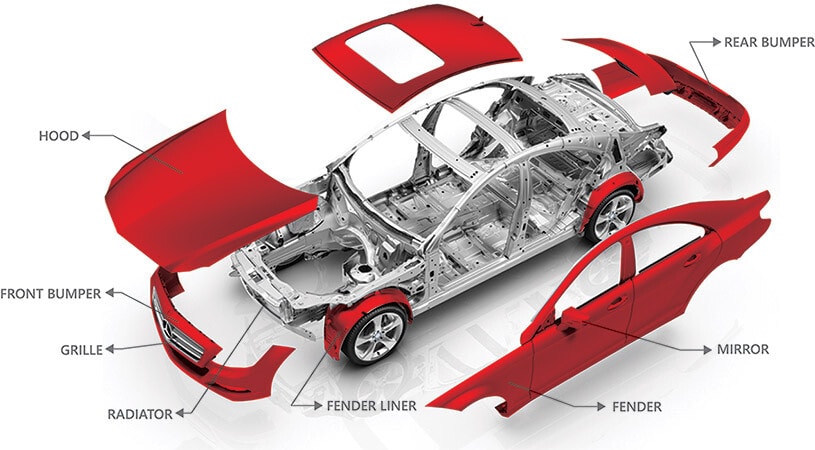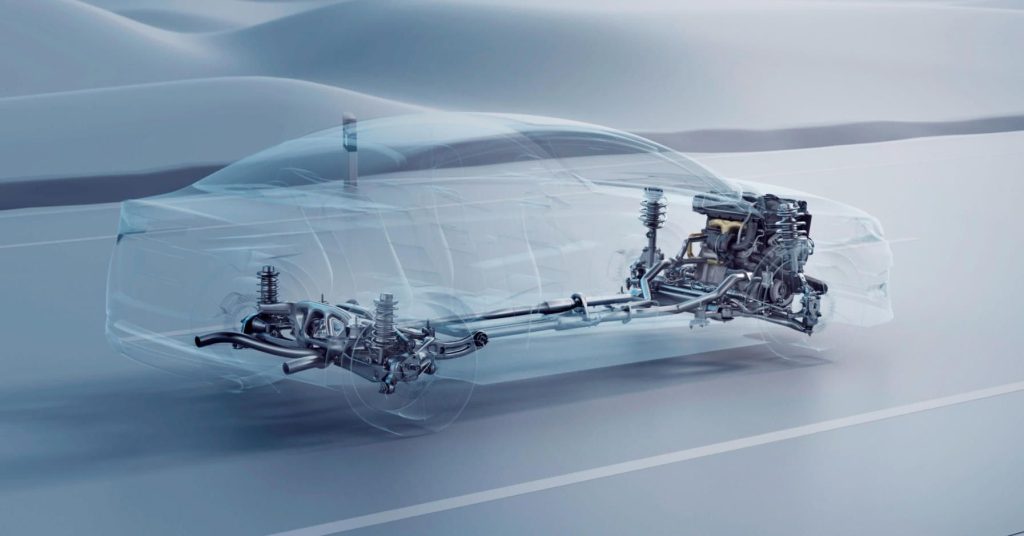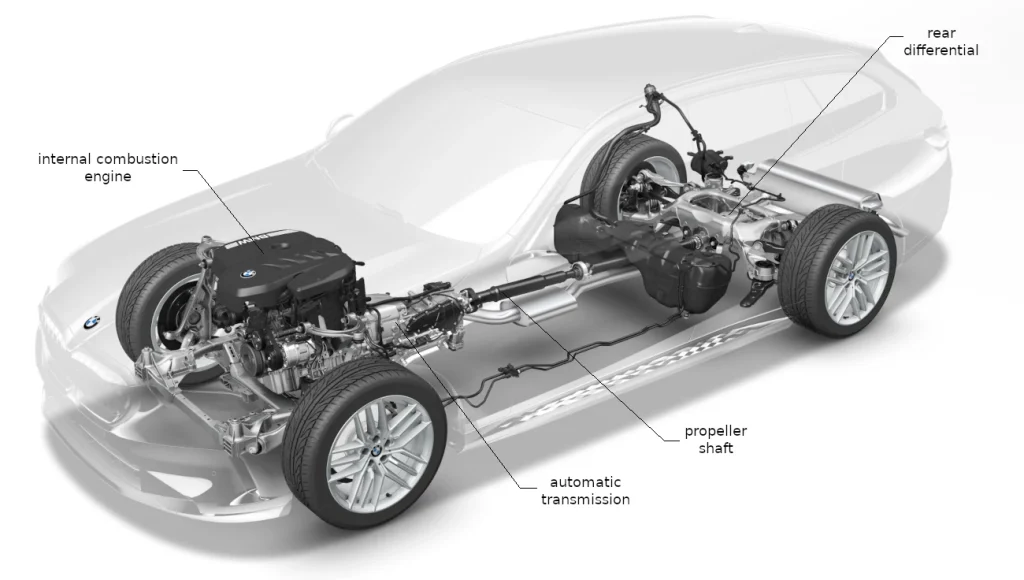Automotive
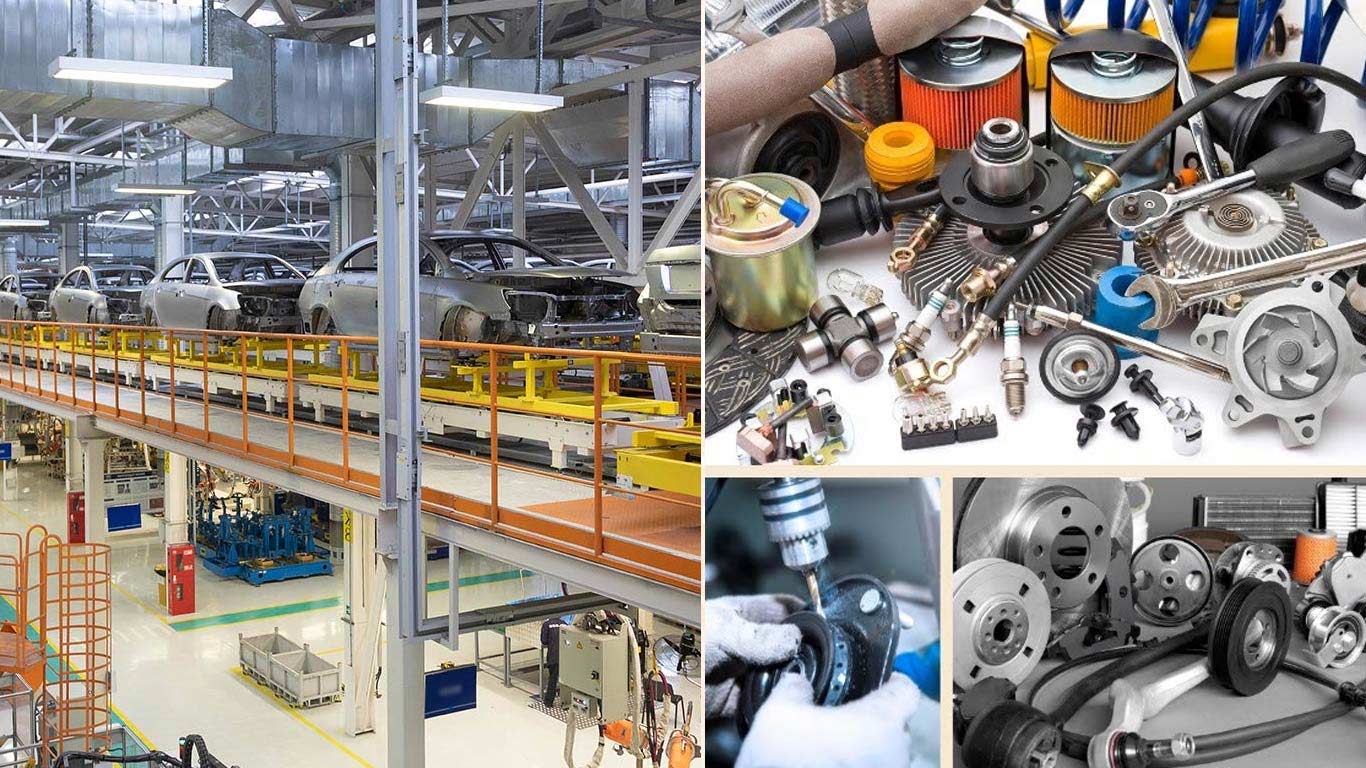
The automotive industry is a complex, technologically driven sector undergoing rapid transformation. The automotive industry is in a state of constant evolution, driven by technological advancements and changing consumer demands. Companies that can adapt to these changes will be well-positioned for success in the future. India has been seen has the one of preferred destination global design & analysis needs. The notable point is that all major MNC’s are now setting-up offshore Design Centre in India. To cater this requirement CADELL, have a core competency and offer a range of services to our customers in automotive domain.
The Auto & Tool industry is a leading driver of global economic growth, says the International Organization of Motor Vehicle Manufacturers, and it has expanded over 30% in the ten-year period ending 2015. The industry is a leading employer throughout the world, with 9 million people involved in making 60 million vehicles, or 5% of global manufacturing jobs. Indirect employment from automotive activity is fivefold, representing 50 million jobs connected indirectly to the auto industry. The constant improvement in the technology has led to increase in design challenges and opportunities. India has been seen has the one of preferred destination global design & analysis needs. The notable point is that all major MNC’s are now setting-up Offshore Design Canters in India.
To cater this requirement CADELL Technologies, have a core competency and offer a range of services to our customers in automotive domain.

